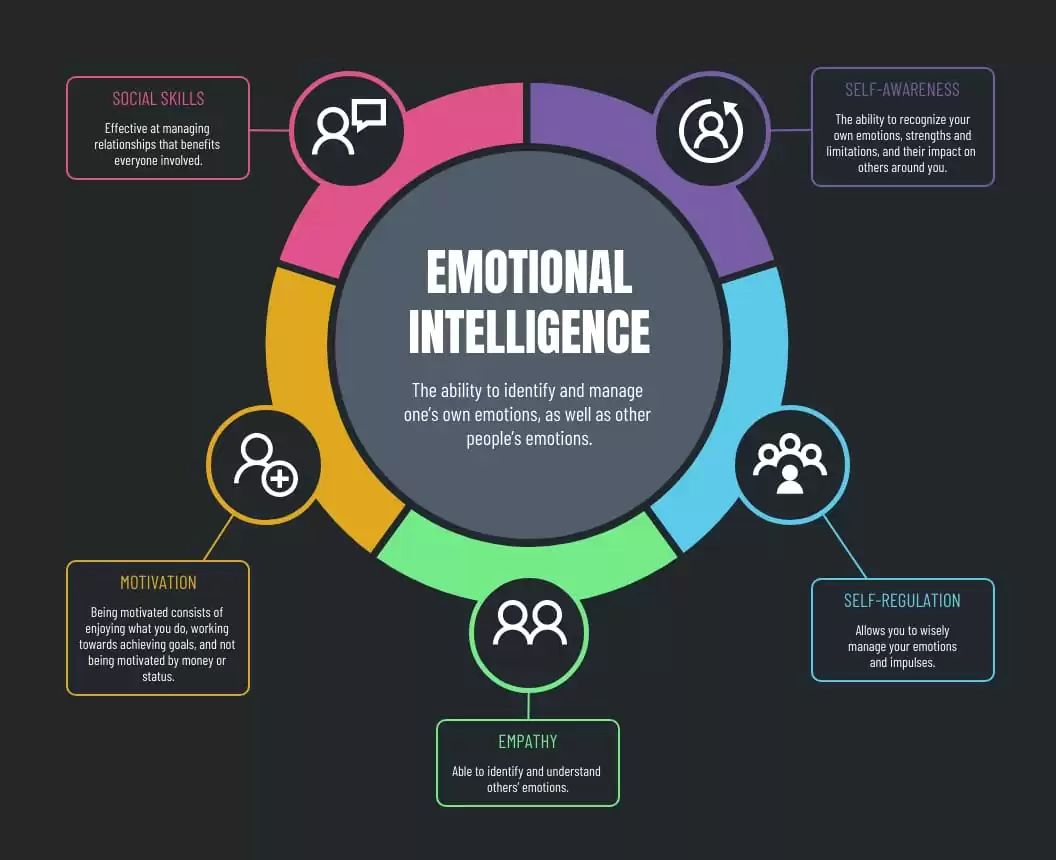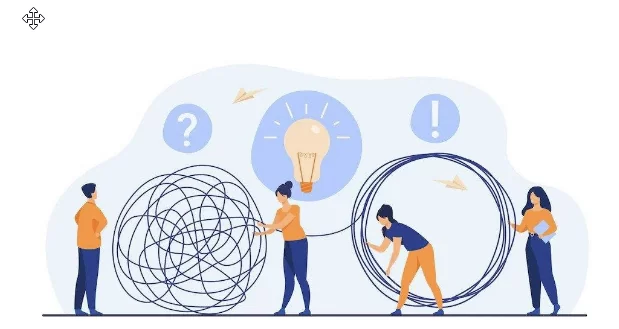Emotional intelligence (EQ) development in students is critical for preparing for academic skills, careers, and adulthood. Therefore, it is critical to educate kids on how to manage their own emotions and react accordingly to the emotions of others. Many educators are trying to incorporate social and emotional learning (SEL) programs into the education system to achieve this objective.
These programs improve students’ emotional intelligence and mitigate harm and enhance educational achievement. Furthermore, incorporating SEL into daily lesson plans assists students in understanding how to interact with their peers.
Early life experiences and education, like every form of instruction, can assist children in mastering the fine art of social interaction.
What exactly is Emotional Intelligence?

First, a quick understanding of the word of emotional intelligence: it is the ability to identify and manage one’s emotions. Furthermore, emotional intelligence entails using your emotional responses to plan and achieve your goals. Everyone’s emotional intelligence can vary from minor to high, just like their IQ, which isn’t always related to mental abilities.
Most importantly, students recognize that emotional intelligence is almost as significant as academic achievement. Emotional intelligence essentially allows students to interact positively with others, confidently predict their emotions, and encounter suitable levels of empathy. People with high EQ also earn the respect of their superior officers, make their coworkers feel valued, and attract friends and supporters wherever they go later on in life.
Emotionally intelligent people can perform both intrapersonal and interpersonal. Intra – psychic functioning denotes a person’s excellent understanding of their very own emotions, which they can use to figure out how to move their life. And interpersonal existence implies that they can identify and understand effectively with others.
How Can You Raise the Emotional Quotient in Your Classroom?
Teachers and parents are the primary sources of information for children on developing emotional intelligence. As a result, leading by example is one of the most effective ways to help your students develop emotional intelligence. Be emotionally aware and try to keep them in check in the classroom. According to research, teachers with higher levels of emotional intelligence can help their students communicate more effectively and reduce behavioural problems.
Also, be open to discussing feelings in class so that students can express their feelings. For example, allow students to express their feelings if they are frustrated or disappointed about something.
Five strategic activities to boost students’ emotional intelligence
Involve students in problem-solving activities

Engage children in all types of problem-solving activities, whether it’s assisting with a complicated maths problem or working to develop a set of defined rules at the start of the year.
You could also request additional older students’ opinions on bullying at school and how the education system should resolve it. Often, the best solutions to problems arise from the students themselves. Group projects are an excellent way of teaching students how to collaborate, which is a skill that they will require in many areas of their lives.
Include Character Education

Character education promotes the growth of ethical and socially responsible students. Train your students the benefit of keeping good values, honesty, and trustworthiness, as well as taking responsibility for mistakes.
Provide chances for your students to improve psychological development in the classroom. Start debating these abilities during history classes and reading activities. Encourage students to consider ways to be more willing to take responsibility or be reliable in the classroom.
Then, allow them to put their ideas into action. Finally, recognize ethical and honest behavior, particularly when students accept responsibility for negative actions. This is not to say they should be excused from discipline but rather recognize the importance of being truthful.
Respect for the Model
Respect for others is a key life thing to learn. One of the greatest tips to model respect would be using good manners and encouraging children to resemble your behavior. Respect can also be demonstrated by being aware of and appreciating children’s cultural and linguistic backgrounds.
Start encouraging your students to follow suit. Perhaps if they are dissimilar or opposed, they must learn to be polite and courteous of one another. Try to convince them that treating people with respect does not require them to agree with them. Remember that teaching respect prevents aggression and is an essential part of learning.
Incorporate SEL into Lesson Plans
Instead of teaching a separate lesson on social skills or emotional responses, try to incorporate these concepts into what you’re already teaching. In science, for example, if you’re talking about molecules, you might also ask the students what makes good collaborative relationships.
Reading books or bringing up a bit of history about a socially new challenge could also be an option. Interact with your students in a discussion about dealing with social issues. The teachable moment then shifts to literacy, historical background, and social-emotional.
Stories about Role Playing
Roleplay is an efficient technique for teaching students various ways to demonstrate empathy and for assisting them in developing emotional intelligence, self-awareness, and consciousness. It also provides students with the opportunity to practice, apply, and perfect their emotional intelligence through direct interaction with others.
Begin this activity by assigning different situations to students to act out. They will be capable of drawing on and broadening their own compassionate and caring vocabulary as they dramatize the scenarios.
Conclusion
Emotional intelligence is not the same as cognitive ability, although equally important. If you can help educate your students on how and where to recognize and manage their emotions, they will be better able to focus and achieve self-actualization either in or out of the classroom.
InventtEd provides the best psychological and personality development services that you can use to help your students improve their emotional intelligence.






